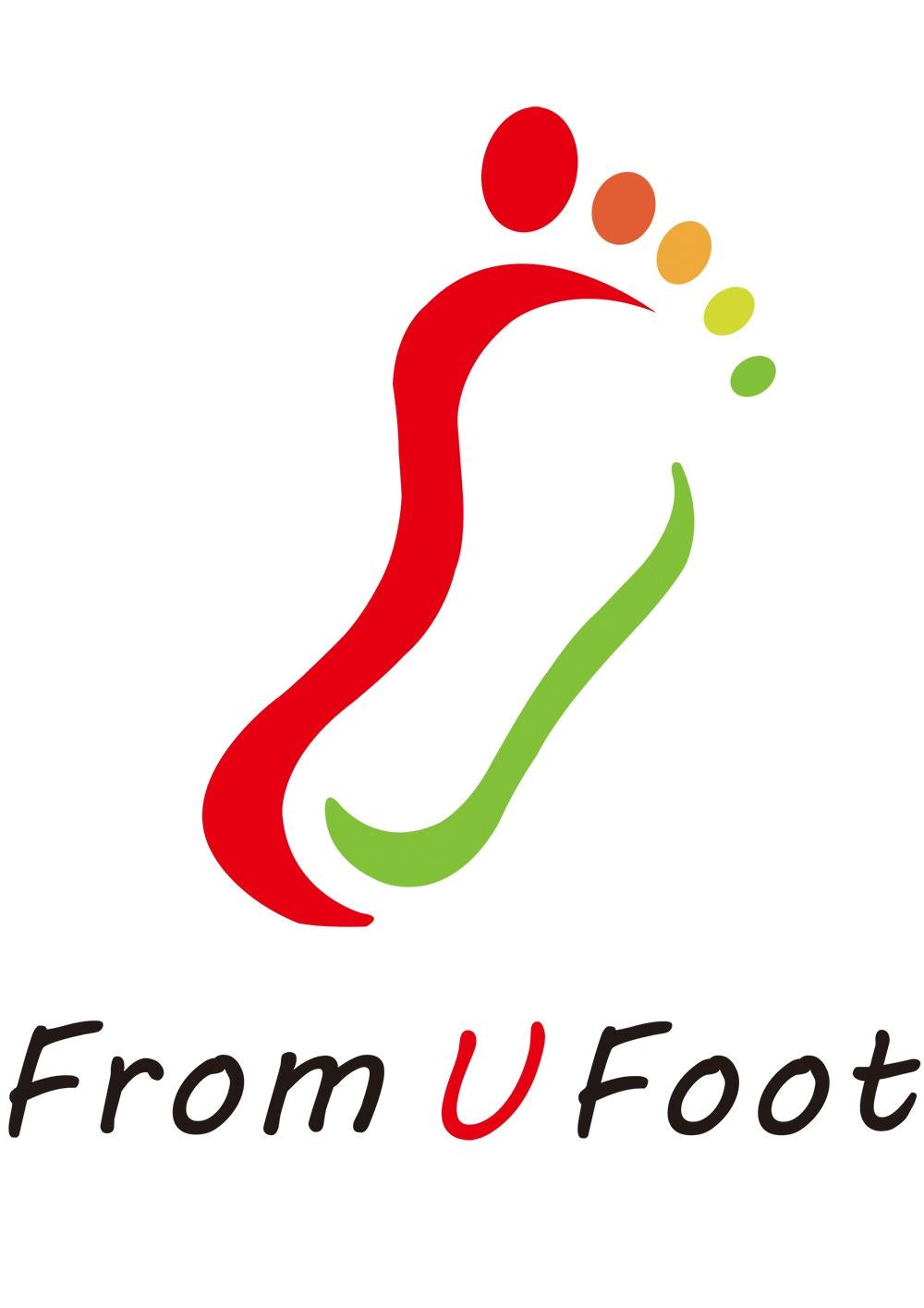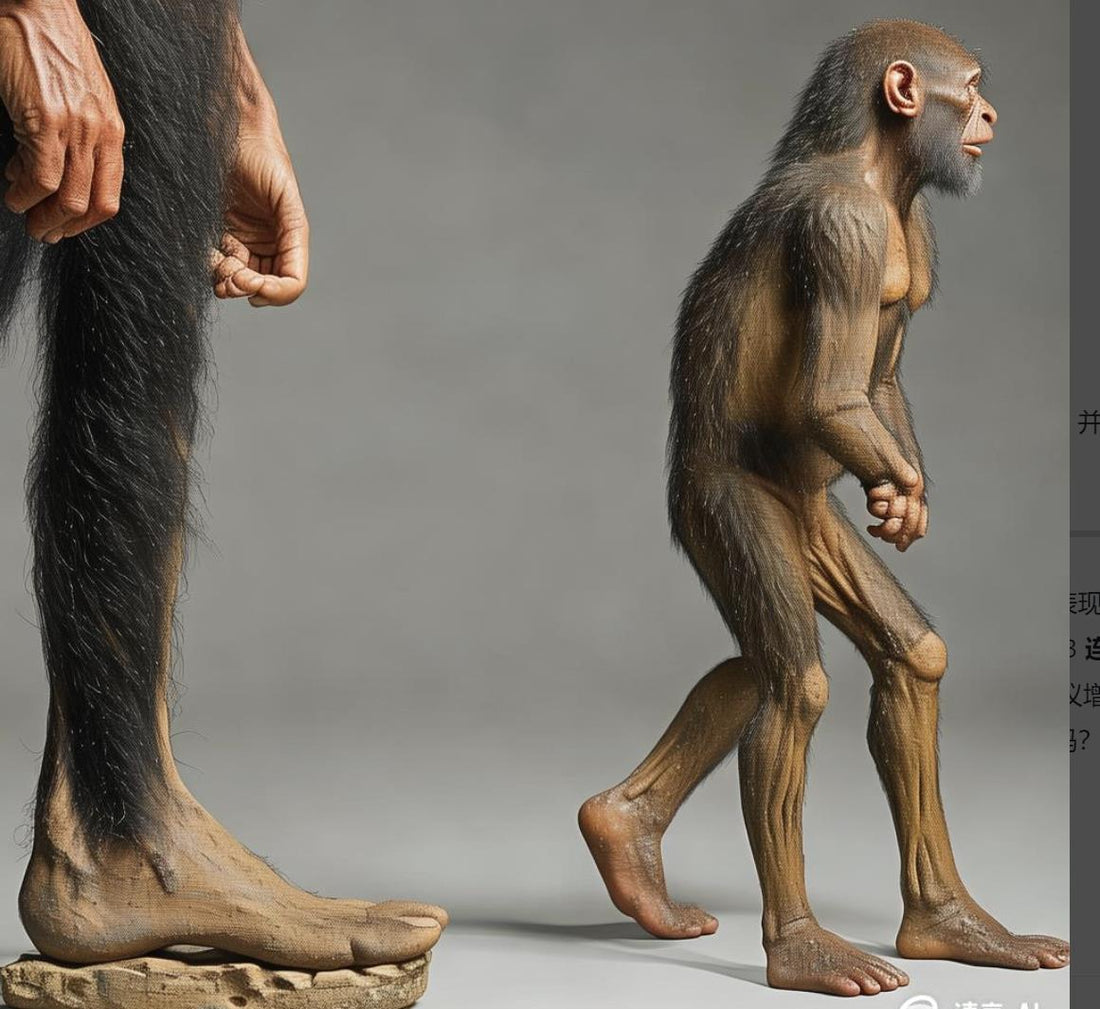feet and man go back a long way . in fact, they go back all the way , right to begining . they grew up together , and evolved together for handers and thousands years before any shoes show up on the scene , in the modern world ,shoes have been severd to protect our living tissue , from the unnatural ,surfaces that generate excessive forces , both at the surface (skin ) and below it (bone ). the increase of man-made debris has also created safety issue while walking barefoot through natural environments ,stemming from pre-antibiotic days when foot puncture could be catastrophic even for even a healthy person ,footwear radually evolved from light surface protection to fully engineered full-body stabilizers ,like the hiking boot ,very recently a whole new category of footwear - healthy shoes -has emerged ,along with myriad enticing claims about how a particular shoe design can increase health or fitness levels by doing nothing more waering them ,
footwear evolution has achieved a level of almost complete protection of tissue from the invironment, the protection of the foot has steaduly become the encasing of the foot ,usually by materials more rigid than the feet themselves. in other word ,what da vinci called "a mastrerpiece of engineering . a machine whose refined design evolved over millennia ,is now stuck in one of your shoes ,when an engineer beginsmaking re pairs or modifications to any machine whethermade of matal or organic tissue --the engineer has to ask the question : what also might this change affect ,
A biomechaanist ,looking at the mechainics of the human body ,will ask a similar question ;for all of the benefit that protective footwear may bring ,what else might it affect ?
consider all of the bones and muscles that make up and control your hands and finger ,and how many wonderfully unique ways you can move them ,the ability to type ,play the piano ,conduct surgeries on microscopic tissue ,and even the abilty to pluck your eyebrows are all a rusult if learning how to use the muscles in you hands ,and keeping them limber through regular use ,now imagine that when you was two years old,someone placed striff ,tight leather mittens over you hands ,lumping all of the bones together everyday , from morning to night , you bady will adapt to the situation ,learning how to use the muscles of the forearms and the joints of wrist to a greater ectent , you would learn to use the outside edge of your hands as one figer ,,and train the digits to all work as one body part,this way of using your hands would be completely normal to you ,as that is the way it would be always have been ,
now ponder this ,the intriicate design of your feet indicates the potential for them to be about as dexterous as your hands really . but the act of waering shoes every day has created a mitten-hand situation in your feet and you did not know it ,we have weak ,underdeveloped muscles if lower leg ,on the joints in the foot ,and in passive tissue like the fascial systems and ligaments of the foot ,
the good news is ,by learning a bit more about your foot machines, your can restore a lot of functiion and start the repairs process right away ,as long as your feet contain living tissue ,they can change ,grow ,and improve, no matter what they have been doing up to this point.
Anatomy lesson one : your toes are separate structures from your fet for a reason ,typically when we think of the feet ,we include everything from the ankel down ,lumping this whole area together in our minds has the end result of lumping akk the tissue together in our using patterns, each toe ,just like each finger has its own set of muscles that allow it to function independently ,while there are no modern function activities ,that require us to use our toes individually ,ther is a bigger purpose for being wired this way , every muscle has its own nerve supply that ,when activated ,keeps that area of the body well nourished, while writing with our toes is not required for daily living , being able to generate these movements is required for optimal health in that area ,
Anatomy lesson two , your toes should move separately from you feet ,
Anatomy lesson 3, your toes should move separately from each other .
Anatomy lesson 4, you front half of your foot should be move separately from the back half .

